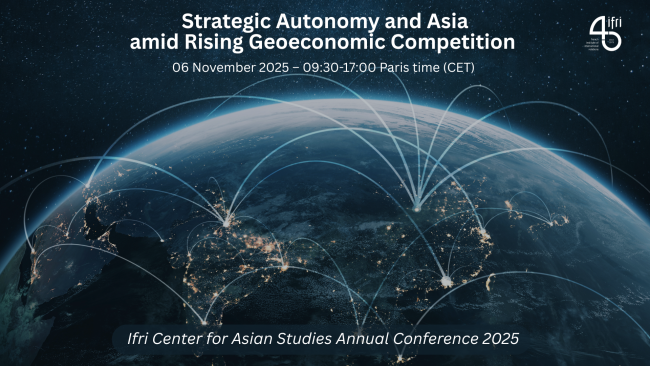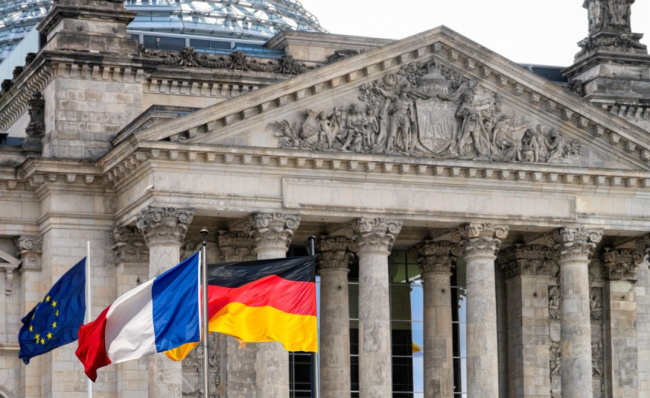
Practical information
Seminar with Jiang Shixue, Vice President of the Chinese Association of Latin American Studies and Research Director at the Chinese Academy of Social Sciences (CASS), and R. Evan Ellis, Assistant Professor, Center for Hemispheric Defence Studies, NDU, Washington DC. Chair: Françoise Nicolas, Director, Ifri Center for Asian Studies.
China"s interest in Latin America has grown considerably in recent years. Two-way trade has increased by nearly fifteen-fold in the past decade - from $12.6 billion in 2000 to $183 billion in 2010 - while people-to-people exchanges intensify and high-level visits become more frequent and substantial. These expanding relations are often trumpeted on both sides of the Pacific as an opportunity for win-win development and south-south cooperation. Yet creeping suspicions about the real intentions and ultimate impact of China"s growing presence in the region are becoming more salient. Some analysts in Latin America interpret China"s actions as a simple play on the region"s natural resources, while others view a larger geopolitical struggle for influence with the United States.
Other events

The Future of Space Cooperation: Challenges and Opportunities in the Trump II Era
The policy orientations of the Trump II administration profoundly challenge the foundations of international cooperation in space science and exploration. This shift reflects a broader trend of strategic disengagement and weakening of multilateral mechanisms in the space domain.

Strategic Autonomy and Asia amid Rising Geoeconomic Competition
Amid growing strategic and geopolitical uncertainty, Europe is grappling with the notion of its strategic autonomy. For Europe’s partners in Asia, the concept is also becoming increasingly salient as the world enters an era of structural transformation.

France-Germany, The Engine Under Pressure
Faced with a profoundly disrupted strategic and economic environment, Franco-German cooperation is more than ever the central pillar of Europe's future. The war in Ukraine, energy and technological dependence, and uncertainty about the strength of the transatlantic ties require urgent deepening of European sovereignty, both in terms of defence and economic and industrial competitiveness.








